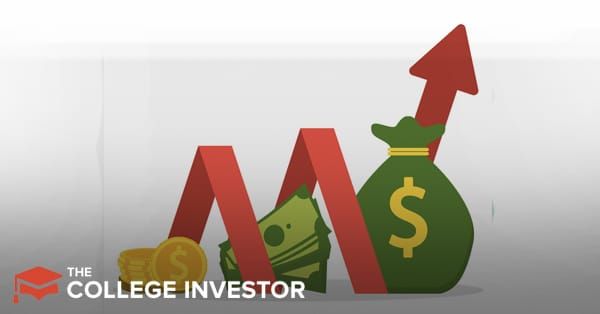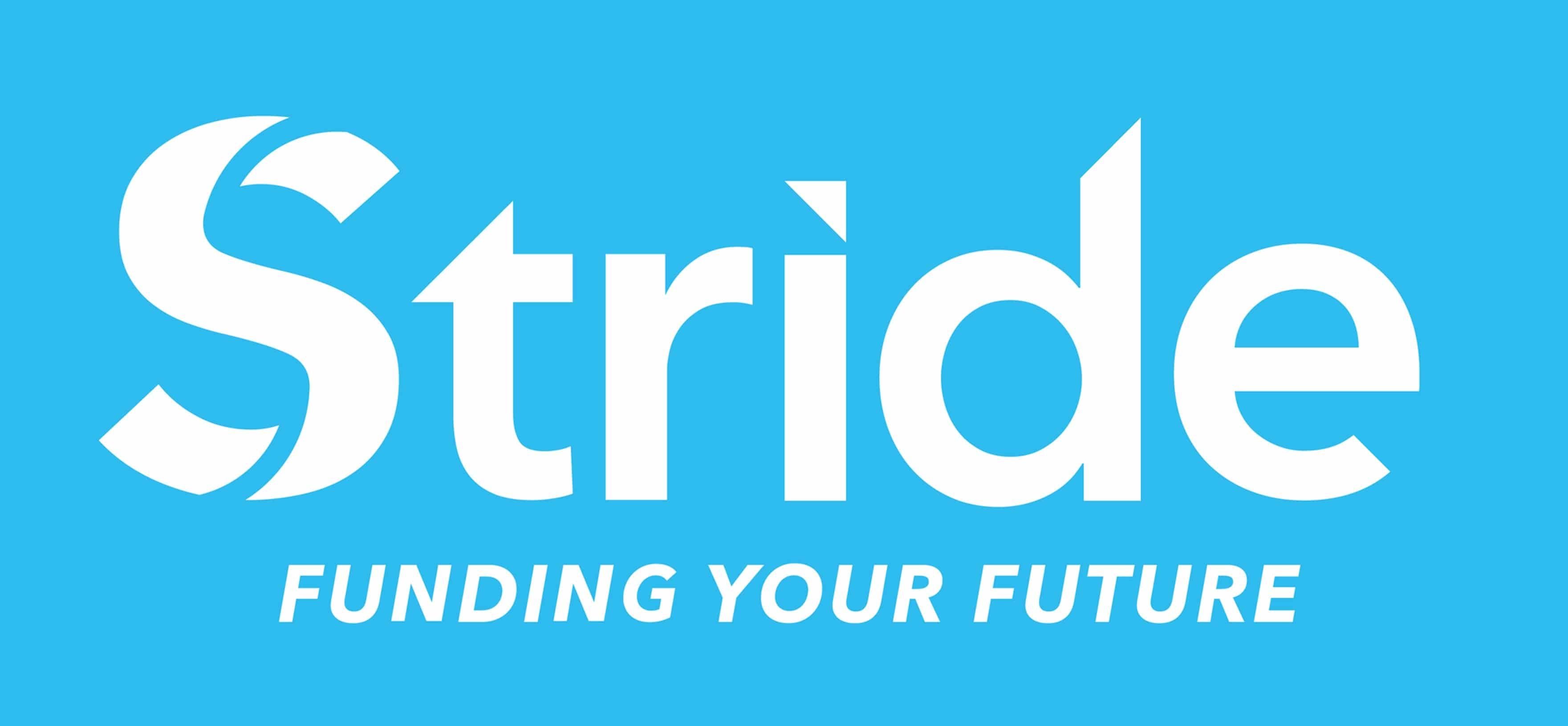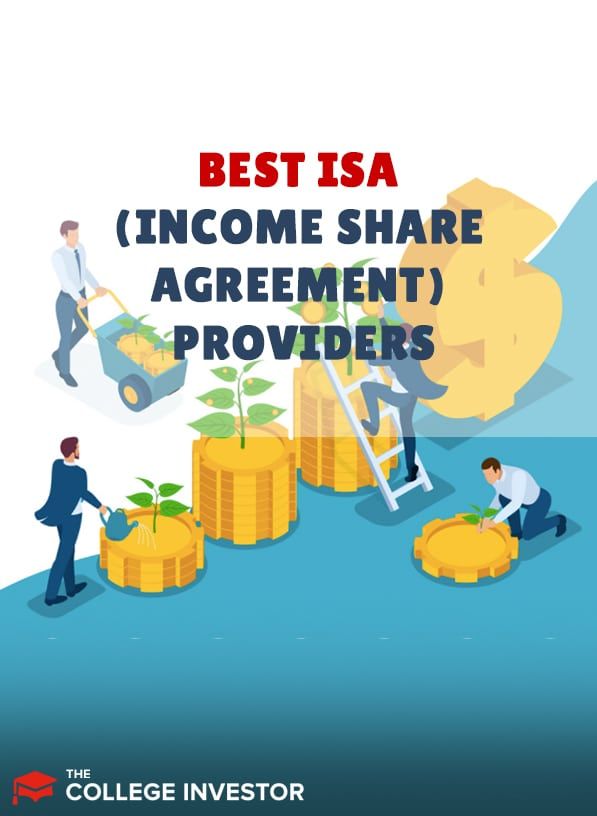
The rising balances of student loans are a major problem. The problem tends to be especially pronounced among former students who fail to secure high-paying jobs after graduation.
One solution that has been gaining traction is income sharing agreements (ISAs). These are “loan-like” arrangements where students repay a set percentage of their income for a set period of time.
While they sound appealing - an alternative to student loans - they also come with their own set of risks you need to understand.
Are you considering a school with an income sharing agreement? Before you sign up for the program, here’s what you need to know about the agreements.
What Is an Income Sharing Agreement?
An income sharing agreement (ISA) is a substitute or a supplement to a student loan program. Under an ISA, a student has all (or part) of their tuition paid for. In exchange for covering the upfront cost of tuition, the student agrees to pay a set portion of their tuition back to the university for a period of time.
For example, a university may cover a $10,000 tuition payment today. Upon graduation, the student dedicates a set percentage (say 6%) of income to the university for a fixed period of time (say 10 years). In this example, if the student earns $40,000 her first year after graduating, she will pay $2,400 per year or $200 per month.
As her income rises, so does her payment. For example, five years out of university, she may earn $80,000 annually. In that case, she will pay $4,800 per year or $400 per month. However, if she cuts to part-time work in year seven (say after the birth of a child), and she earns just $20,000 that year, her payment will be $1,200 for the year, or $100 per month.
Most ISAs also have minimum income requirements (so if you don't earn enough, you don't pay), as well as repayment caps (so if you end up earning a lot, you only repay so much).
Right now, income sharing agreements are offered by select universities or training programs. They are not part of the Federal student loan program.
How Does an Income Sharing Agreement Compare to a Student Loan?
ISAs have certain similarities to student loans. You’ll get money for education today, and you’ll repay that money in the future. But in many ways, it’s better to compare an income sharing agreement to a tax rather than a loan.
With a loan, you can pay off a set amount as quickly as you want, thereby reducing the total amount you pay. With an income sharing agreement, you pay a set percentage of your income no matter how much or how little you earn.
Basically, with ISAs, people who earn more, pay more. People who earn less, pay less.
Income Sharing Agreement Pros and Cons
Income sharing agreements can be a reasonable way to pay for your education. But before you sign up for the agreement, you’ll want to weigh the pros and cons of the arrangement.
Pros
- You’ll have manageable payments on a low income. The amount you pay will never rise above a set percentage of your income. This makes the payment easier to handle on a low income.
- Repayment ends after a set time. Repayment periods range from 30 months to a decade. But under all the ISAs, your obligation expires after a set period of time.
- No cosigners required. With income-sharing agreements, borrowers don't need to have a cosigner on their agreement - which is very different than private student loans.
- No FICO or credit score requirements. There is no underwriting based on credit.
Cons
- You may have to pay with a low income. Under most income sharing agreements, you will always pay some amount of money to the university, no matter how little you earn. A few arrangements offer protection for low-income borrowers, so you pay nothing if you earn less than $20,000+ annually. By contrast, under income-driven repayment plans (available for Federal student loans), you may pay $0 per month for your student loans. At that payment level, your total debt burden will grow, but your cash flow won’t feel so tight.
- You may “overpay” over time. If you end up earning a lot of money, the total you repay to the school may far outweigh the amount you “borrowed” to pay for tuition.
- There may be prepayment penalties. If you want to pay off your income-sharing agreement early, you may have to deal with very high prepayment penalties, which basically make it not worth paying off early.
- You’ll still have to deal with other loans. In most cases, income sharing agreements are taken on in addition to other loans. Unlike Federal loans (which can be consolidated into a single low payment), you’ll have to fulfill your income sharing obligation and any debt obligations you have.
- They are not regulated. These arrangements aren’t regulated the way that student loans are. While most are designed to benefit the student, some are just expensive ways to pay for school.
When to Consider an Income Sharing Agreement
Income sharing agreements typically make the most sense under two circumstances. First, they make the most sense when you can use the agreement to completely avoid student loan debt. Juggling student loan debt and an ISA payment can make cash flow feel really tight, but managing one payment could make a lot of sense.
The second time to consider an ISA is when you’re considering a low-paying field. If your first stop out of university is the Peace Corps, an overseas ESL position, or a ministry position, you probably won’t earn a ton of money. That means your payment under the ISA will be low, and your total obligation will be fulfilled after a set time. That’s far better than taking on student loan debt where your obligation can grow over time if you can’t make the payments.
Companies That Provide Income Sharing Agreements
There are three major companies in the income-sharing agreement (ISA) space. Some of these companies work directly with schools (in fact, some are listed below - like Edly provides ISAs for Lambda School).
Although these companies provide ISAs as an alternative to private loans, they may not offer options for all majors at all schools. You need to find out.
You can also find our guide to the Best Income-Share Agreements (ISAs) here >>
Stride Funding
Stride Funding offers ISAs to undergraduate seniors, graduate students, and Post-Baccalaureate students. You can borrow anywhere from $5,000 to $25,000 per year, with an aggregate total of $50,000.
Stride has an average repayment term of 5 to 7 years, with a payment cap of 2x what you borrowed.
Read our full Stride Funding review here.

Edly
Edly is another income-sharing agreement provider that currently focuses on senior undergraduates in the STEM and nursing fields. You can borrow up to $10,000 per year, with an aggregate total of $20,000.
Edly has an average repayment term of 2 to 8 years, with a payment cap of 2x what you borrowed. They do offer incentives to repay earlier - so if you repay the agreement in 3 years, you may only have to pay 1.3x of what you borrowered.
Read our full Edly review here.
Schools That Offer Income Sharing Agreements
Income sharing agreements aren’t widespread. However, there are some major universities offering the program. Some of the programs are below.
Accredited Schools
- Up to $10,000 per year
- Repay 6.2% of income
- 10-year repayment period
- Competitive entry (20 students per year)
- Full or partial available
- 20% of income
- 30–60 months of repayment
- No payments unless you earn $60,000 or more
- Living assistance ISA also available ($1,500 per month during school, 5%–7% of income for 10 years)
- Repay only if you earn at least $25,000 per year.
- Up to $5,000 per year.
- 3% per borrowing amount.
- 84 months.
- Up to $10,000
- 3.11% of income
- 100 months
- 2.85% of income
- Depending on amount borrowed, 3 to 10.5 years
- $3,000–$10,000 to fill in gaps of funding
Other schools that have offered the program are Allan Hancock College and Norwich University.
Non-University Training Schools
- 17% of income for 24 months.
- No payments unless you earn at least $50,000.
- ISA expires after 60 months, no matter what.
- Never pay more than $30,000.
Final Thoughts
While Income Sharing Agreements sound appealing, when you compare them to federal student loans directly, they aren't as appealing. Federal student loans have a myriad of repayment and loan forgiveness options, and relatively competitive interest rates.
When you compare ISAs, you could find a higher "effective APR" - since they aren't true loans. Furthermore, they don't typically offer loan forgiveness or flexible repayment options.
However, if you're looking at income-sharing agreements as an alternative to private student loans, or for certain vocational school funding, they can start making a lot of sense.
They can definitely work well for the right terms and conditions - but most people will still find Federal student loans to be a better option.

Robert Farrington is America’s Millennial Money Expert® and America’s Student Loan Debt Expert™, and the founder of The College Investor, a personal finance site dedicated to helping millennials escape student loan debt to start investing and building wealth for the future. You can learn more about him on the About Page or on his personal site RobertFarrington.com.
He regularly writes about investing, student loan debt, and general personal finance topics geared toward anyone wanting to earn more, get out of debt, and start building wealth for the future.
He has been quoted in major publications, including the New York Times, Wall Street Journal, Washington Post, ABC, NBC, Today, and more. He is also a regular contributor to Forbes.
Editor: Clint Proctor Reviewed by: Chris Muller

